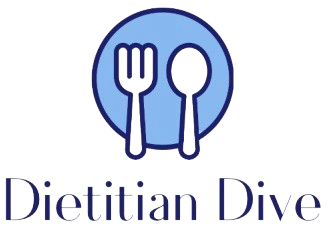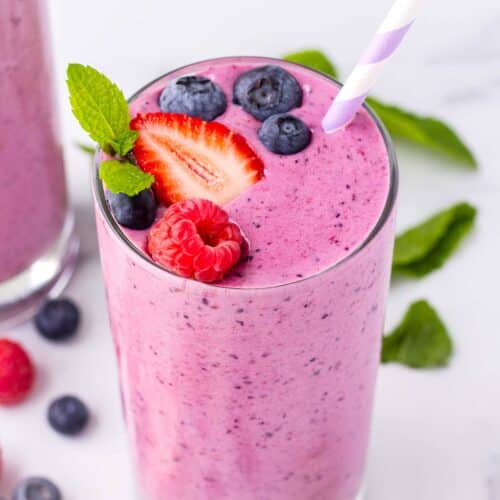By Registered Dietitians
The quest for healthy eating has never been more prominent and big corporations will try to use our desire for nutritious eating against us with sneaky marketing tactics. Supermarkets and restaurants are filled with foods that claim to have life altering health benefits but when looking at the nutrition label they often fall short. In fact, some of these so-called “healthy” foods are concealing high levels of sugars, unhealthy fats, and artificial ingredients behind their virtuous labels. In this article, we’ll highlight five foods that are often marketed as healthy options but, upon closer inspection, reveal themselves to be not so beneficial for our health after all.
- Flavored non-dairy milks
With the rise of plant based diets there has never been more options for milk alternatives such as almond, soy and oat milk. While these are a great alternative for people with lactose intolerance or dairy allergies their flavored variants can contain large amounts of added sugars and artificial flavorings to enhance their flavor. Consuming too many added sugars can increase the risk of obesity, type 2 diabetes, heart disease, and other health issues. For example, a single cup of vanilla-flavored almond milk can contain up to 16 grams of sugar, nearly the same amount as a can of soda. When opting for non-dairy milks, choosing the unsweetened versions is a healthier bet.
- Gluten Free Processed food
In the last decade gluten free diets have gained popularity for not just those with celiac disease or gluten sensitivity but the general public. This popularity has led to the production of gluten-free processed foods such as cookies, breads, and snacks, which are often perceived as healthier options. Yet, these products can be high in sugar, unhealthy fats, and calories, while lacking essential nutrients. It’s important to remember that the label “gluten-free” does not automatically make a product healthy.
- Smoothies
Smoothies are often thought of as a nutrient packed meal replacement or snack and while homemade smoothies can definitely be healthy many commercial smoothies are loaded with added sugars. These added sugars significantly increase their calorie content without providing the same nutritional value as those made with whole fruits, vegetables, and other nutrient-dense ingredients. Opt for making your smoothies at home where you have control over the ingredients or when ordering a smoothie check the nutrition label for added sugars.
- Veggie Chips
Veggie chips are often thought of as the healthy alternative to traditional potato chips. However when looking into the ingredients list they usually contain high amounts of oil and salt, and the vegetable content can be minimal. In most cases veggie chips offer little nutritional advantage over regular chips and consuming them in moderation is key. A healthier choice would be opting for fresh vegetables or choosing veggie chips that are air-popped or baked.
- Energy Bars
Energy bars or commonly known as “protein bars” are marketed to the fitness world as a quick healthy snack. While some bars provide a good mix of protein, fiber, and essential nutrients, others are packed with processed sugars and artificial ingredients, making them closer to candy bars. When choosing an energy bar be sure to check the nutrition label. Look for bars that are lower in added sugars, contain whole food ingredients and that provide a good balance of protein and fiber to keep you full and satisfied.
Its clear that in order to avoid the deception of these hidden unhealthy foods it is up to us, the consumer, to check the nutrition label. Understanding the nutritional content of these foods can empower us to make choices that truly align with our health goals. By prioritizing whole, minimally processed foods and staying informed about the products we consume, we can steer our diet in a direction that genuinely nourishes our bodies and supports our overall well-being





